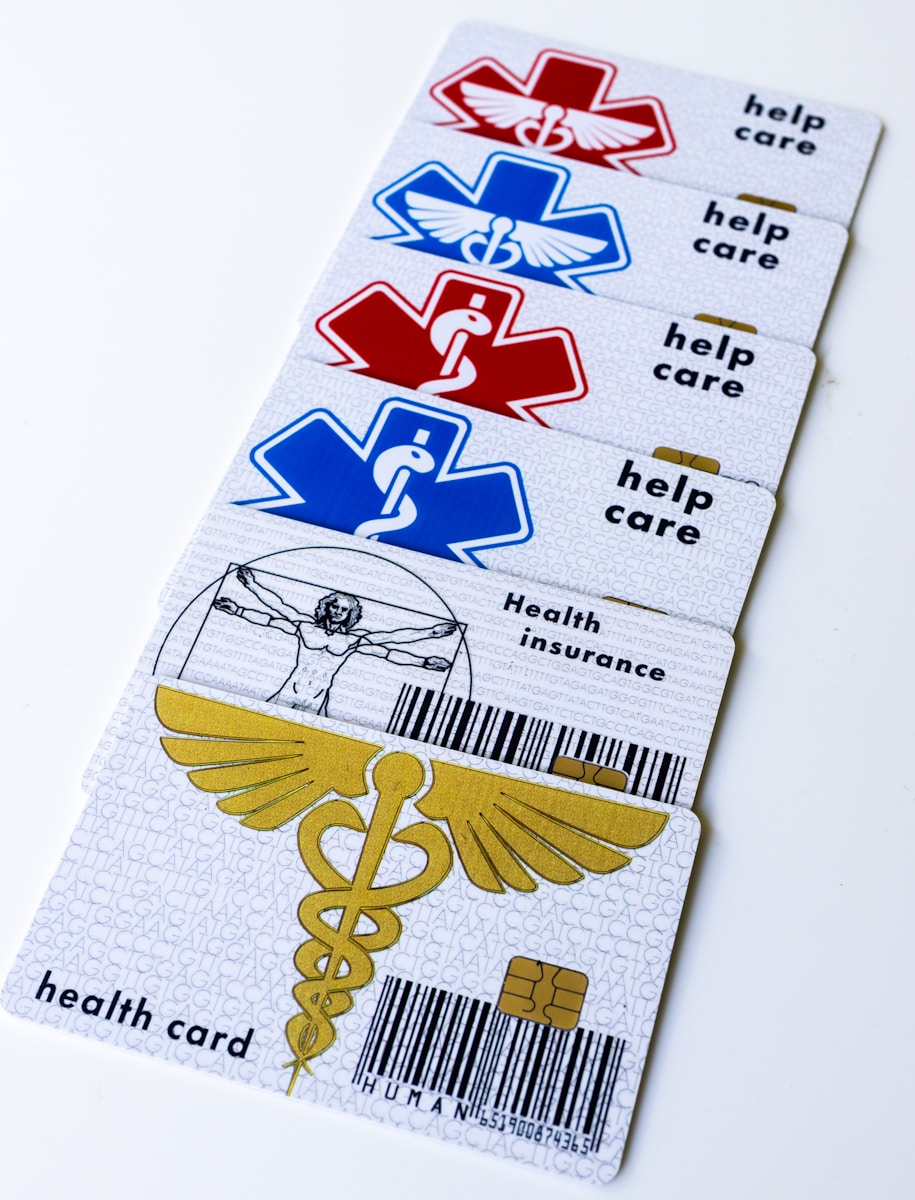As a young adult, you have to manage a variety of expenses in the most creative ways imaginable. From surviving on microwave noodles to sharing streaming services with friends, there are a lot of choices you need to make to survive on your limited income.
At the same time, you need to be careful about how you handle your credit score. If you make even one major mistake, it can disrupt your credit for the most important years of your life ahead. But if you play your cards right, you have benefits like low interest rates waiting for you in a couple of years.
To help you get started on good credit management early on, here are a few important credit tips for young adults.
Never Miss Your Payments
If you want to build a good credit score while avoiding the consequences of high credit card debt, you should ensure to always make your debt payments on time. This includes payments for installment loans like student loans as well as revolving credit like credit cards. By making your payments before the due date, you can meet the most significant requirement of improving your credit score.
Get a Good Credit Mix
Speaking of installment credit and revolving credit, it’s ideal to have a mix of both to build good credit and contribute to a high credit score. But instead of getting several loans and credit cards right off the bat, you should learn to manage one of each at first. You can also learn how to freeze your credit to stop any new credit accounts from being opened in your name.
Don’t Use All Your Credit
While it can be tempting to spend all your credit card balance on entertainment devices like consoles or decor items like original art, you should refrain from doing so. It’s because if you use more than 30% of your approved credit limit, it can negatively affect your credit score. In place of relying on your credit for these purchases, you can adopt the habit of saving money by opening an online savings account.
Pay Off All Your Balances Every Month
Another reason for using only a portion of your credit card balance is that it allows you to pay off your monthly balances in full. This shows financial management and improves your credit score month by month. As a result, you can steer clear of borrowing money while on bad credit in the future. This makes it easy to achieve major milestones like buying a car on your own.
Try to Increase Your Credit Limit
If you face issues with using a limited portion of your credit limit, you can try to increase your credit limit. But remember that doing so can initially drop your credit score for up to a year. That’s why you should ask your existing credit card issuer if they can improve your limit without it affecting your credit score. This can help you stay away from credit card controversies and their effects.
Don’t Apply For New Credit Products Without Reason
Continuing from the point above, you should avoid applying for new credit unless you absolutely need it. It’s because this creates a “hard inquiry” on your credit report that drops your credit score for up to a year and stays on your report for up to two years. For major purchases, you can start saving money through methods like budgeting with cash stuffing envelopes.
Keep Your Oldest Account Going
When you close a credit account that you have had for years, it has a major impact on your credit score. On the other hand, when you make timely payments, use a portion of your credit, and pay your balances in full, your oldest credit account becomes a tool to improve your credit score. Whether you use an investment platform or turn to a financial advisor, you may want to keep your oldest credit account active.
With these tips, you can improve your credit early on in life. In turn, when you are financially ready to take out bigger milestone loans like a mortgage, you can benefit from better loan terms that help you for decades to come.







